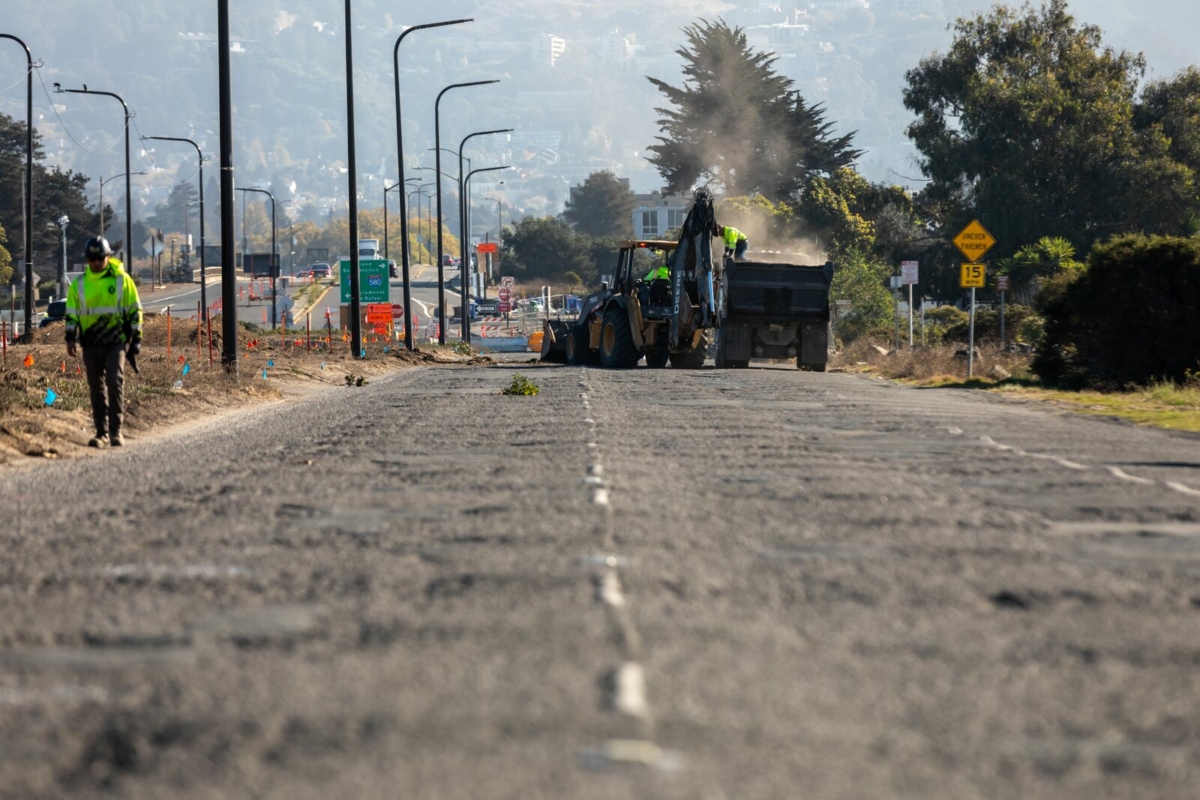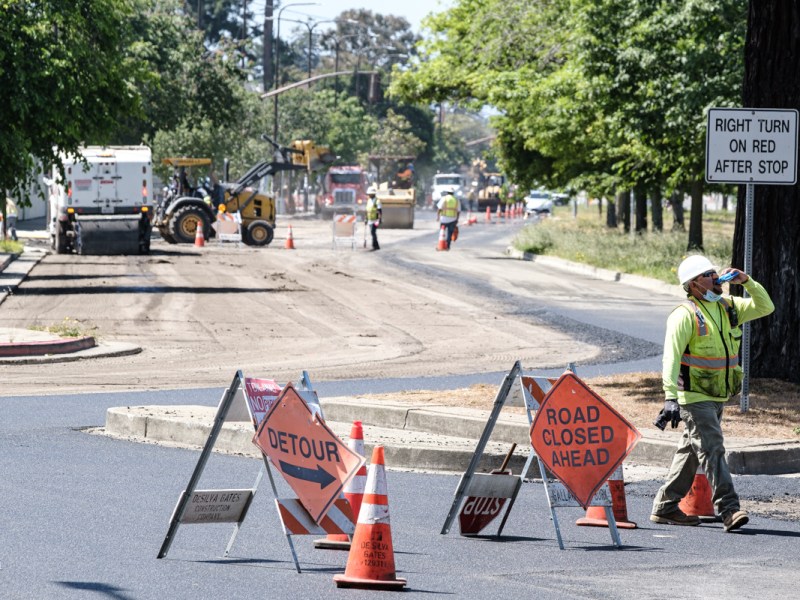
Despite taking a blow at the onset of the coronavirus pandemic, a recent audit has found Berkeley is in solid financial shape for now. But the audit warned the city’s long-term outlook is more cloudy, as a substantial tab of infrastructure needs and pension costs could present problems down the line.
City Auditor Jenny Wong’s report, which was released last week, described Berkeley as being in a “strong” near-term financial position, thanks in large part to rising property tax revenues.
The arrival of coronavirus in 2020 and the economic downturn that came early in the pandemic upended some of that progress, which led Berkeley to draw on reserve funds it had established three years earlier. That money — a combined $11.4 million pulled from two reserve funds during the 2020 fiscal year — helped keep the city’s budget from dipping deeper into the red during the most challenging phases of the pandemic, Wong found.
“We used it at a time when we needed it,” Wong said.
Now, she says, the city needs to chart its plan for a recovery. After putting $3.3 million back into reserves during the more stable 2021 fiscal year, Berkeley has fallen off pace for meeting the contribution goals officials previously set for the funds. Wong’s audit recommends City Manager Dee Williams-Ridley develop a plan to get the reserves back on track.
“There needs to be a plan to replenish the reserves, and (city leaders) need to assess what their reserve goals should be,” Wong said.
The audit also recommends Berkeley examine its enterprise funds, such as the Parking Meter Fund and Marina Fund, many of which have run a deficit in recent years.
Looking further out, Wong warned that Berkeley’s growing backlog of infrastructure needs — which officials now estimate at $1.2 billion worth of repairs to streets, sidewalks, public buildings and more — poses a “serious risk to the city’s long-term financial health.”
Berkeley leaders have spent recent months developing plans for a ballot measure this November that could raise half a billion dollars or more for infrastructure and affordable housing programs. While specific details about the size of the measure and how it would raise the funding are still being worked out, the city will likely need to convince two-thirds of voters their plans are worth raising tax bills by hundreds of dollars per year. More immediately, city officials are also seeking greater funding for road repairs and other capital needs in this year’s budget process.
Wong did not take a position on the proposed revenue measure, noting that plans for how its infrastructure funding would be spent are also still under discussion. But, she warned, “When you don’t address your capital needs, it will just be more costly down the road.”
The audit found the cost of pension and retiree health benefits for city employees could pose another challenge for Berkeley in the future. The unfunded tab for those benefits stood at $773.1 million during the 2021 fiscal year, up from $567.4 million in 2012.
Wong said the question of how severe a problem that represents depends on the measuring stick. On the one hand, the California State Auditor considers Berkeley’s pension funded ratio — how much of the city’s pension liabilities are covered by its assets, which was 66% in the 2020 fiscal year — to be “high risk.” Then again, Wong said Berkeley’s unfunded liabilities are not out of the ordinary in California and stand “right in the middle of the pack” when compared with other cities.
Berkeley previously developed a plan to put more money toward its pension obligations, setting up a trust in 2018 that can act as a rainy day fund for future benefit costs.
But the city hasn’t been meeting its goals for contributions to that trust — after setting a target of putting $5.5 million per year into the fund, Berkeley contributed $5.2 million in the 2019 fiscal year, then less than $1.5 million in 2020 and 2021. Wong called on Berkeley leaders to develop a plan for how they will meet that target amount going forward.
“The city really should be meeting its annual contribution targets,” she said. “That’s an important step the city can take to ensure improved fiscal health.”
City leaders agreed with each of the recommendations in Wong’s audit. In a statement, Berkeley spokesman Matthai Chakko said the recommendations have been discussed among the City Council or its committees, which he said “have been on the forefront of dealing with these issues” by establishing the reserve funds and trust for pension liabilities.



